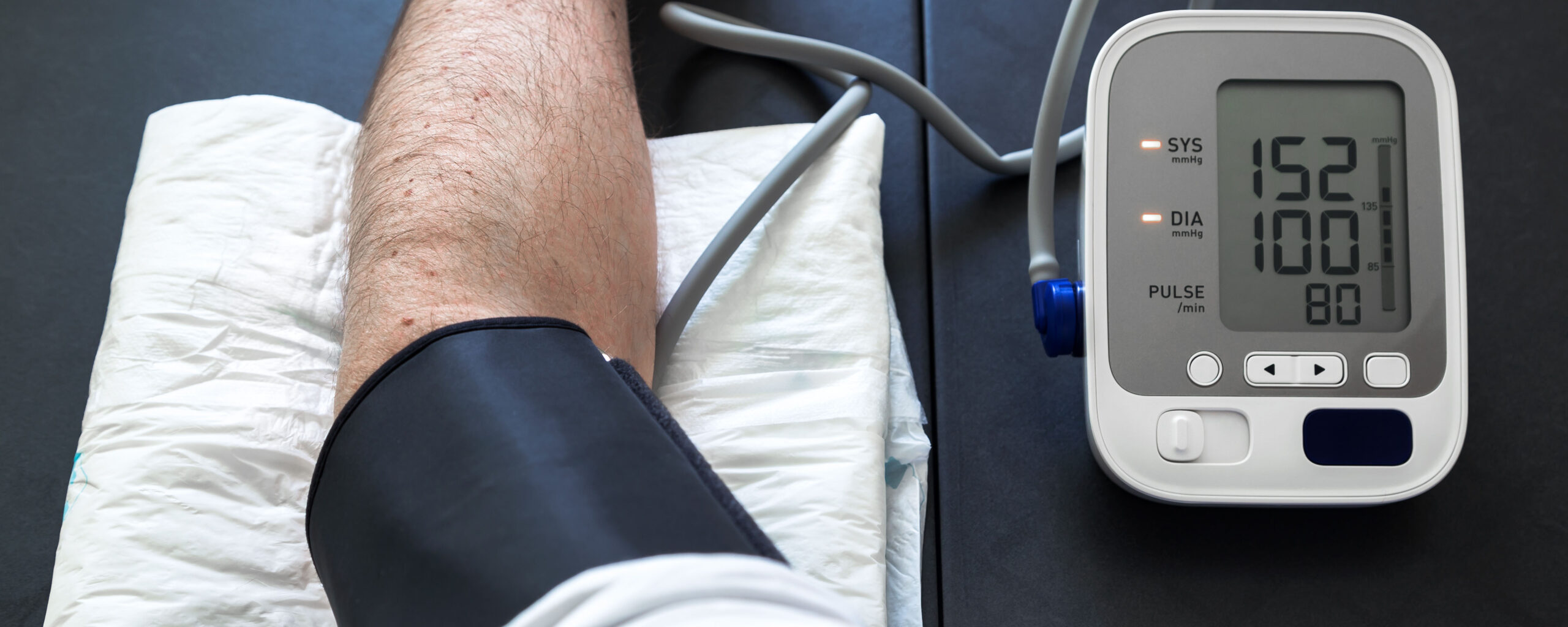Americans spend over $30 billion annually on so-called natural treatments such as supplements and detoxes either to replace or augment traditional Western medical care. This phenomenon is driven by the alternative health media, a network of sources that includes health-focused television and radio shows, websites and social media accounts.
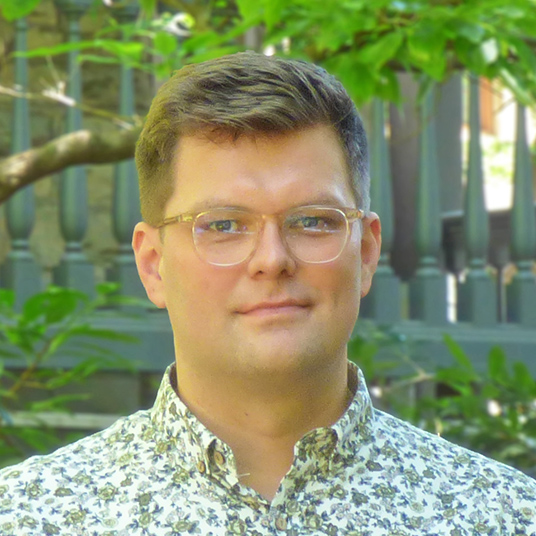
Can exposure to such media affect beliefs about consequential health-care issues like vaccination?
A new study by researchers from the Annenberg Public Policy Center (APPC) of the University of Pennsylvania finds evidence that it can. Writing in the Journal of Communication, APPC researchers found that after Dr. Mehmet Oz endorsed the MMR (measles-mumps-rubella) vaccine on a March 2019 episode of “The Dr. Oz Show,” significantly more people in a segment of his audience regarded the MMR and flu vaccines as low-risk than did prior to his remarks.
“We found that in a period coinciding with Dr. Oz’s change in position on MMR vaccination, his regular viewers who were the least knowledgeable about vaccines became more likely to accept the scientific consensus on vaccine safety that he championed,” the researchers wrote.
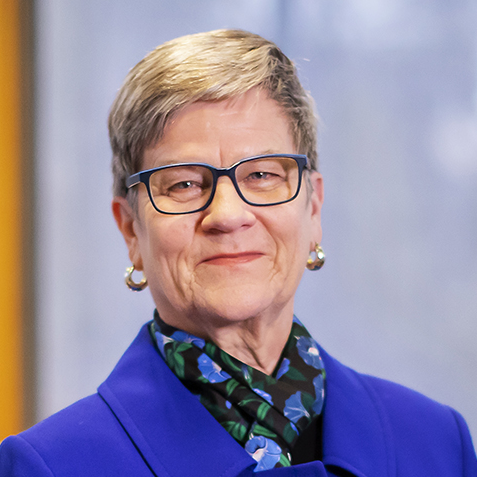
Dr. Oz’s MMR vaccine endorsement took place during the 2019 U.S. measles outbreak, the largest in a quarter-century, and a year after a bad flu outbreak, while APPC was conducting a six-wave national probability panel survey on how people make decisions about vaccinations.
“Dr. Oz’s endorsement appears to have been persuasive,” said lead author Dominik Stecuła, who worked on the research as an APPC postdoctoral fellow and is now an assistant professor of political science at Colorado State University. “We were looking at the same group of people over time and they changed their minds, not only on the MMR vaccine but the flu vaccine.”
“We included alternative health media in our media battery,” said APPC director and study co-author Kathleen Hall Jamieson. “The Dr. Oz vaccine endorsement gave our team a unique window on the persuasive power of a kind of programming that is rarely studied.”
The world of alternative health media
Millions of Americans follow alternative health media (AHM), which focus on health, wellness, and nutrition but do not usually honor conventional journalistic standards that require claims to be backed by evidence accepted by “established certifiers of medical knowledge” such as the Centers for Disease Control and Prevention (CDC). The AHM category includes TV shows such as “The Dr. Oz Show,” with a credentialed host; celebrity programming like Gwyneth Paltrow’s “The Goop Lab” on Netflix; blogs like Food Babe; websites such as Natural News, which was banned by Facebook for spreading misinformation; influencer sites that promote pseudoscientific cures and invite false inferences about health and vaccination, like those of Robert F. Kennedy, Jr., and Dr. Joseph Mercola; and non-health outlets that sell alternative health products, such as Alex Jones’ Infowars.
More than a quarter of Americans (26%) report sometimes or regularly tuning in to alternative health TV shows such as “The Dr. Oz Show” and “The Doctors,” according to the study, while 22% report following alternative health social media accounts such as Natural News and 15% say they read and follow alternative health sites and blogs, such as Food Babe.
The Dr. Oz Show
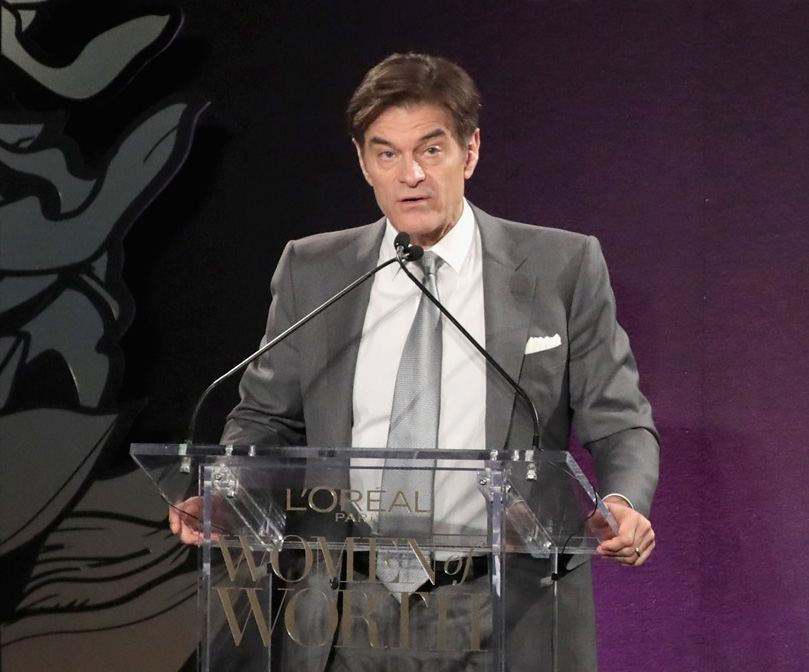
The “most famous of the daytime television hosts known for offering alternative health advice,” the researchers say, is the cardiothoracic surgeon Dr. Mehmet Oz, whose syndicated show aired for 13 seasons from 2009-2021, until he announced that he would run as a Republican candidate for U.S. Senate from Pennsylvania. In a 2016 American Press Institute/Associated Press/NORC poll, 53% of Americans found Dr. Oz very or somewhat trustworthy – and by the height of the Covid pandemic, his show was said to be reaching 22 million viewers.
Oz has promoted some ideas consistent with scientific evidence and some contrary to it. In early January 2021, he took the Covid-19 vaccine, provided answers based on CDC guidance about its use, and posted a guide to Covid-19 vaccination. Yet months earlier, in April 2020, he promoted the drug hydroxychloroquine as a Covid-19 treatment, which was not supported by clinical trial data (and is not approved by the Food and Drug Administration for that use).
Some of Oz’s past statements on vaccinations were “decidedly mixed,” the study notes. On CNN’s “The Joy Behar Show” in 2010, Oz said his children had not gotten the swine flu (H1N1) shots. He endorsed spacing out childhood vaccines – a common vaccination-hesitance trope – and “expressed ambivalence about the discredited MMR-autism link before disavowing belief in that false association,” the study said. On his own show, Oz legitimized anti-vaccine activists, including Kennedy and Dr. Mark Hyman (labeling them “world class leaders”) and Mercola, who has alleged that vaccines cause autism.
Unsurprisingly, when Oz polled his viewers during one show in 2014, he said 65% did not trust that vaccines were safe.
Dr. Oz and the shift on the MMR vaccine
On the March 4, 2019, episode of “Dr. Oz Show,” amid the U.S. measles outbreak, Oz warned viewers about the risks of measles, said the MMR vaccine was 97% effective, and said for most people “there is no reason not to get vaccinated,” a point repeated on his website.
At the time, researchers from the Annenberg Public Policy Center were gathering data from a six-wave, national probability-based panel survey of 3,005 U.S. adults conducted for APPC by NORC’s AmeriSpeak panel, at the University of Chicago, in which respondents were asked about their vaccine-related attitudes, beliefs, and behaviors, and about their media habits. The third wave of the survey was fielded January 15-February 4, 2019, before Dr. Oz’s endorsement episode; the fourth wave was fielded February 28-March 18, 2019, and only responses collected after the episode aired were analyzed for this study.
APPC researchers examined responses from viewers and non-viewers, and from those who were more and less knowledgeable about vaccination. Respondents were divided into high- and low-knowledge groups by their responses to whether a dozen statements about vaccination were true or false, such as “Getting vaccinated for a specific disease guarantees that you will not get that disease” (false) and “Certain vaccines should not be given to newborns and infants” (true).
The pro-vaccine shift
After Dr. Oz endorsed the MMR vaccine, researchers saw a significant pro-vaccine shift in the number of low-knowledge viewers who viewed the MMR vaccine and the flu vaccine as “low risk.”
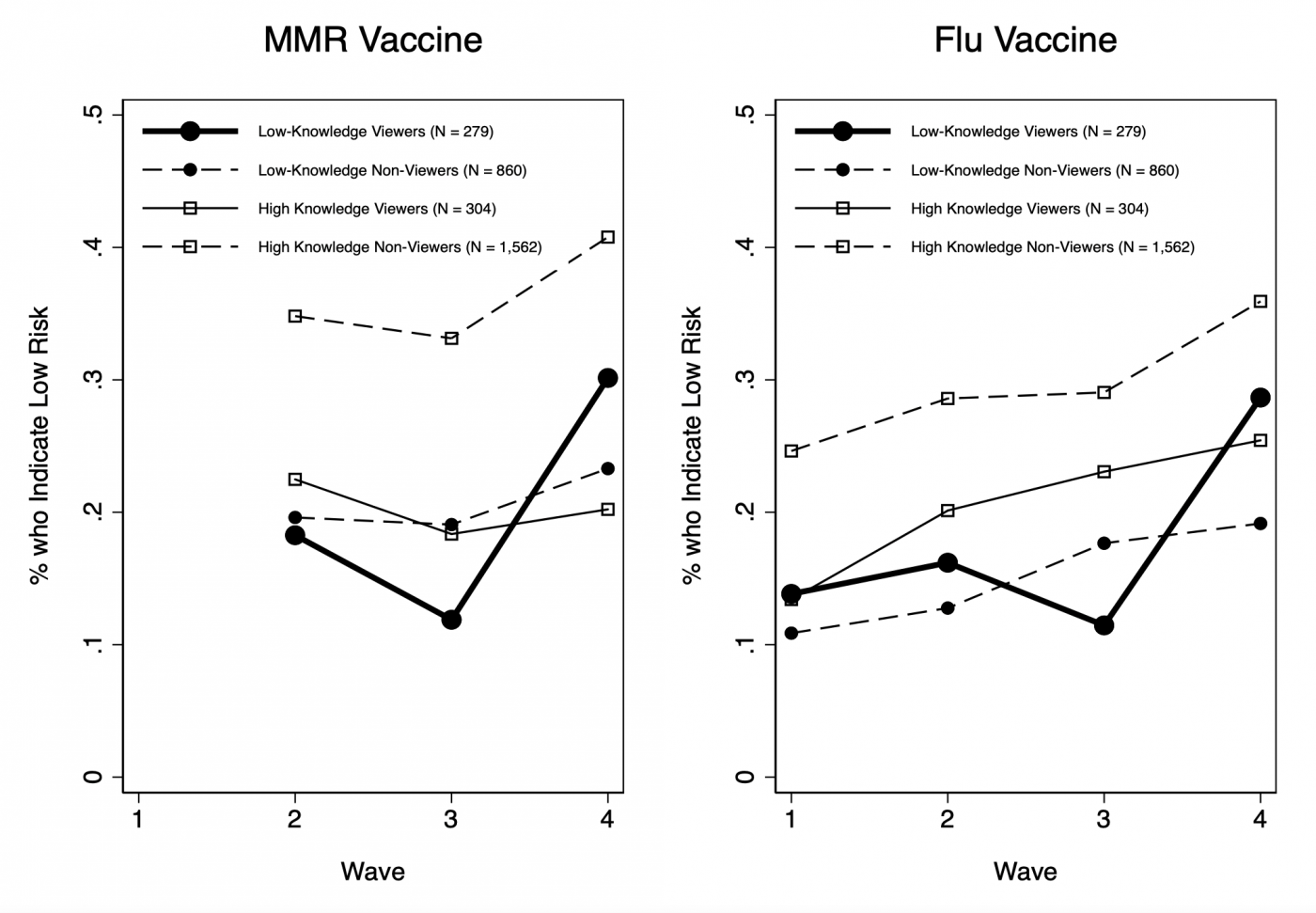
The percentage of low-knowledge viewers who viewed the MMR vaccine as being “low risk” jumped 16 percentage points after Dr. Oz’s vaccine endorsement, to 29% from 13%. The percentage of low-knowledge viewers who regarded the flu vaccine as “low risk” jumped 17 percentage points after Dr. Oz’s vaccine endorsement, to 30% from 13%.
While both low-knowledge viewers and non-viewers became more likely to hold positive views on vaccination after the show aired, the difference among low-knowledge viewers was significantly larger.
“Although most Americans came to hold positive attitudes toward vaccines over time, the effect of being a regular Oz viewer was both substantively and statistically strong, a finding consistent with the idea that exposure to Oz’s program had a persuasive effect,” the researchers wrote.
Why this research matters
“These alternative health media clearly impact the way people think about important things,” said Stecuła. “Public health experts, fact-checkers, researchers and others tend to focus on misinformation in traditional mainstream media outlets and on social media, but there is a lot of misinformation on these alternative health outlets and you’ve got to monitor that space as well.”
Stecuła said the research also argues in favor of getting accurate sources out in front of people who follow alternative health media. “In the context of a pandemic, it would be good to get actual experts out in front of these audiences, which include people who are clearly persuadable. For instance, if Dr. Anthony Fauci only goes on CNN and gives interviews to NPR and the New York Times and the Wall Street Journal, he’s going to miss these people who are tuning into alternative health sources and who don’t trust traditional health sources.”
“These alternative health media are there and they matter,” Jamieson noted. “Dr. Oz was seen widely, on many platforms, and had widespread reach. What we saw is that his position could matter to his audience on consequential topics. We were in the middle of a measles outbreak, so the topic was salient, and he came out very strongly on the vaccine. To his credit, he was also very pro-Covid vaccine – but he took a non-science-consistent position on hydroxychloroquine. His influence presumably can work in science-consistent or science-inconsistent ways.”
The researchers concluded:
Importantly, programming such as ‘The Dr. Oz Show’ is popular for a reason: it filled its audience’s need for health advice from a relatable, accessible, and trusted source. It also provided companionship and entertainment for a large number of Americans. Finding a way for mainstream traditional medical experts to meet these needs is complicated by the target audience’s low trust in such sources. Trust is an important factor not only in what sources of information people choose, as we highlight in this paper, but also in what they ultimately believe… As a result, identifying ways to build the trust of the [alternative health media] audiences in biomedical experts and in traditional, scientifically robust sources of information is a task deserving of additional scholarly attention.
In addition to Stecuła and Jamieson, the research was conducted by former APPC postdoctoral fellows Matthew Motta, now at Oklahoma State University, and Ozan Kuru, now at the National University of Singapore.
“The Great and Powerful Dr. Oz? Alternative Health Media Consumption and Vaccine Views in the United States” was published in March 2022 in the Journal of Communication. DOI: 10.1093/joc/jqac011

